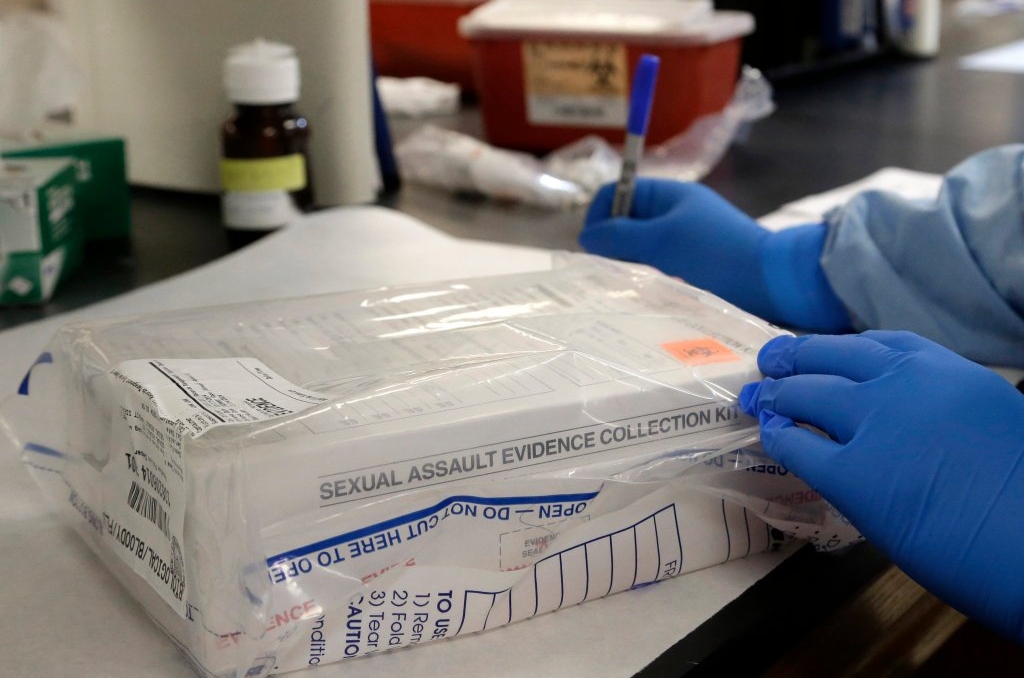Florida Law enforcement has something to celebrate as leaders announced that the state has cleared a backlog of more than 8,000 unprocessed sexual-assault kits that had been lingering.
Law enforcement embarked on the project over three years ago to process unprocessed sexual-assault evidence kits — commonly referred to as rape kits. The project resulted in 1,814 hits in the existing federal database, allowing Florida law enforcement to exchange and compare DNA profiles with federal, state, and local forensic labs. Florida Law Enforcement stated that they even managed to compare DNA profiles of suspects that may no longer be in the state.
Attorney General Ashley Moody stated that clearing the backlog will help solve crimes and attempt to give victims justice and peace of mind. “To know that it is being acted on with expediency and with determination to move that case along is of the utmost importance when you are asking someone to come forward with such a vulnerable situation in their lives,” Moody stated.
Jennifer Dritt, executive director of the Florida Council Against Sexual Violence called the backlog clearing process “remarkable” and stated that it “gives hope to victims of a crims that has made their bodies evidence.”
“Victims of sexual assault who choose to get a forensic exam not only want justice for themselves, they want to ensure that their assailant isn’t going to remain free to assault someone else,” Dritt added with a prepared statement.
The issue of the rape-kit backlog attracted national attention when states began revealing the massive amounts of untested kits that had been sitting on evidence shelves over the years. State lawmakers passed a bill during the 2016 session that set a time limitation for the kits to finally be tested. The law came accompanied by a $10.7 million part of the state’s budget set aside to process the backlog of kits.
Local law enforcement agencies throughout the state were required to submit backlogged kits for testing within 30 days of a reported crime or after being notified by past victims or their representatives that they would like for the evidence to be tested.
State Senator Lizbeth Benacquisto sponsored the legislation back in 2016 now issued a statement that “multiple” cold case arrests have taken place as a result of the testing over the past three years. “Victims no longer have to fear that their rape kit will sit on a shelf while their attacker walks the strees,” Benacquisto added.
As of September of 2019, almost 14,000 rape kits remain to be tested in the state of Florida according to endthebacklog.org. Funding for rape kit reform is noted as ongoing, while backlog testing is labeled as ongoing and all newly collected kits are being tested as well. No tracking system for the kits exists yet, but legislators are hoping to change that.
Melissa’s career in writing started more than 20 years ago. Today, she lives in South Florida with her husband and two boys.

